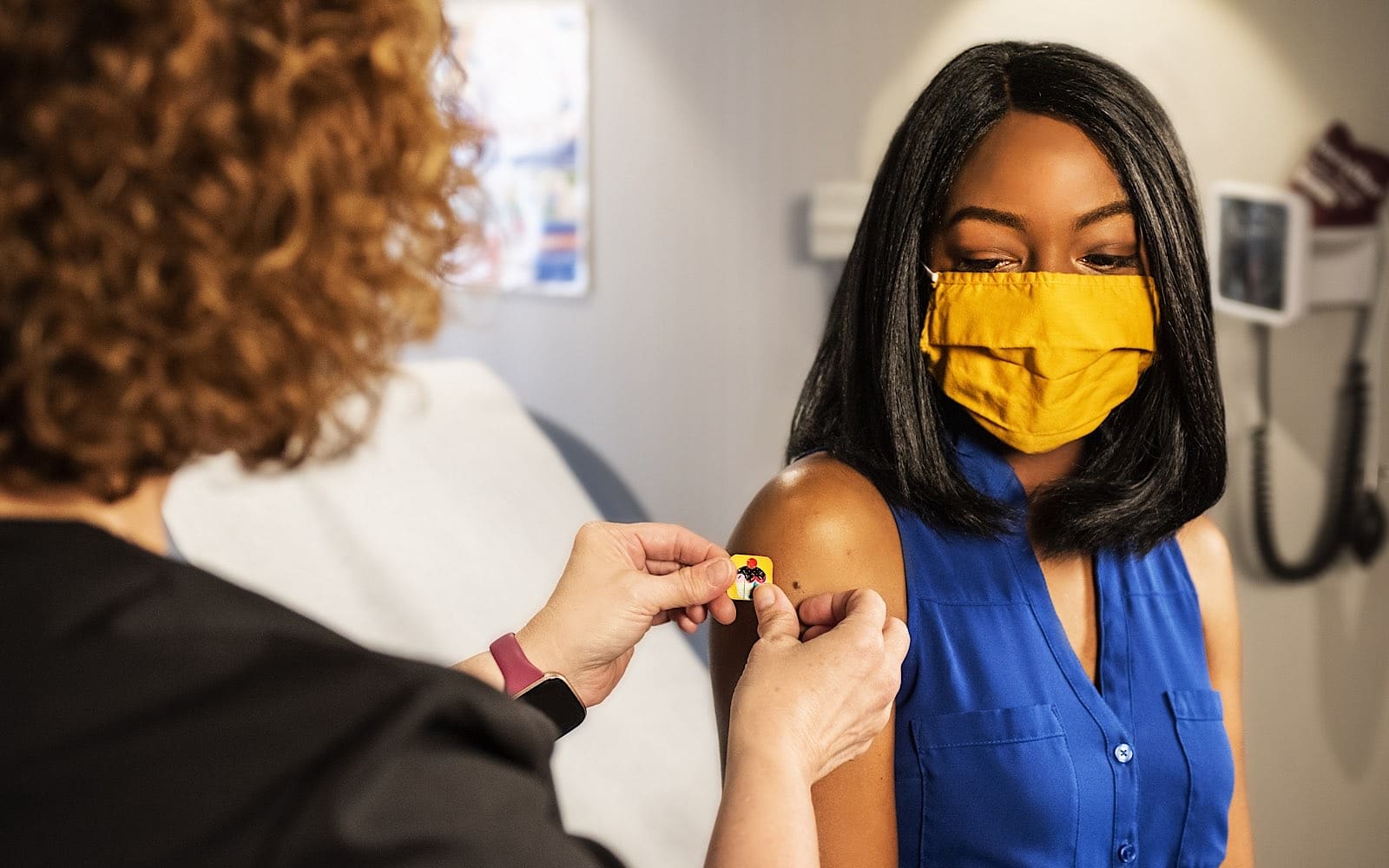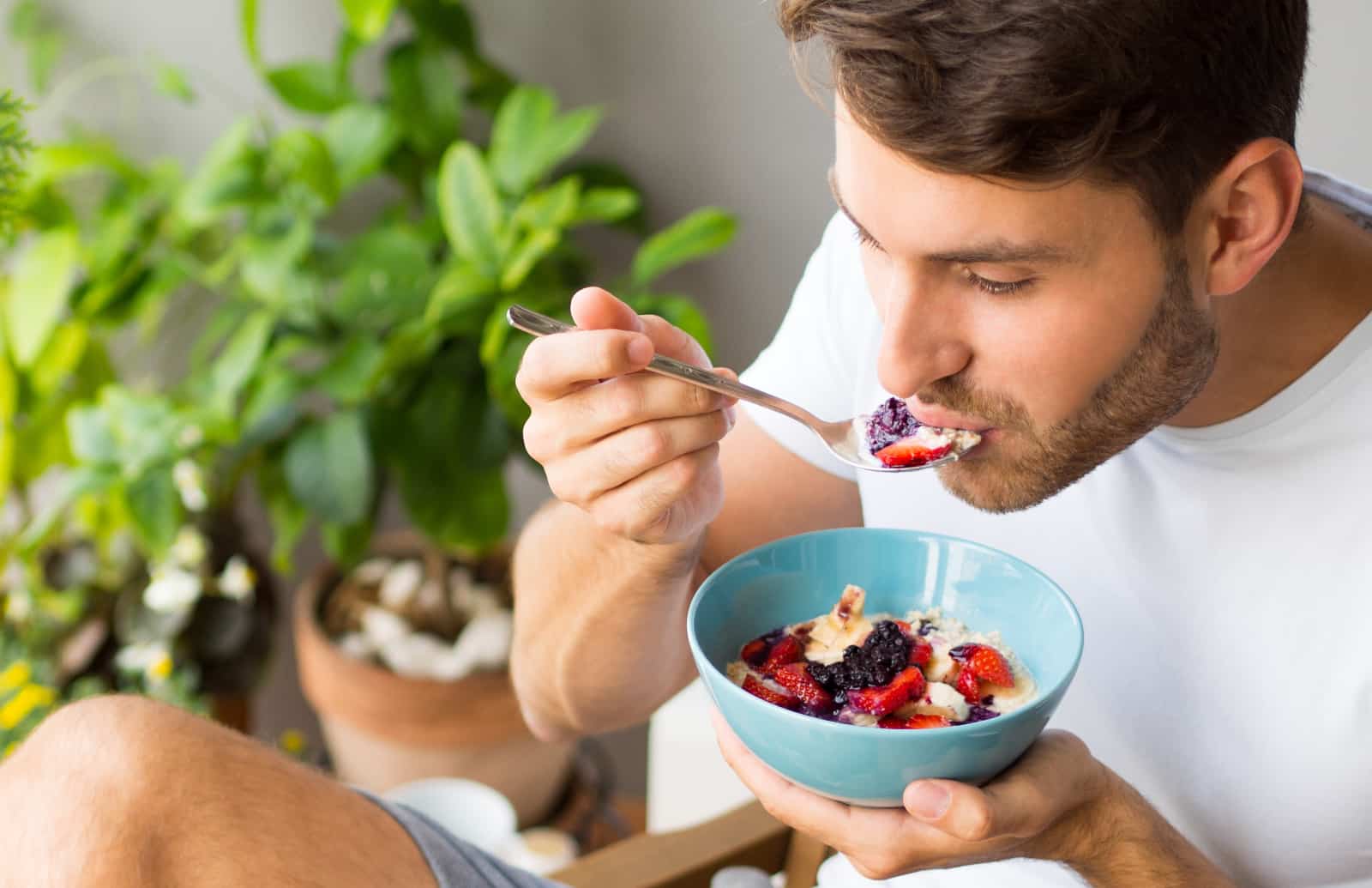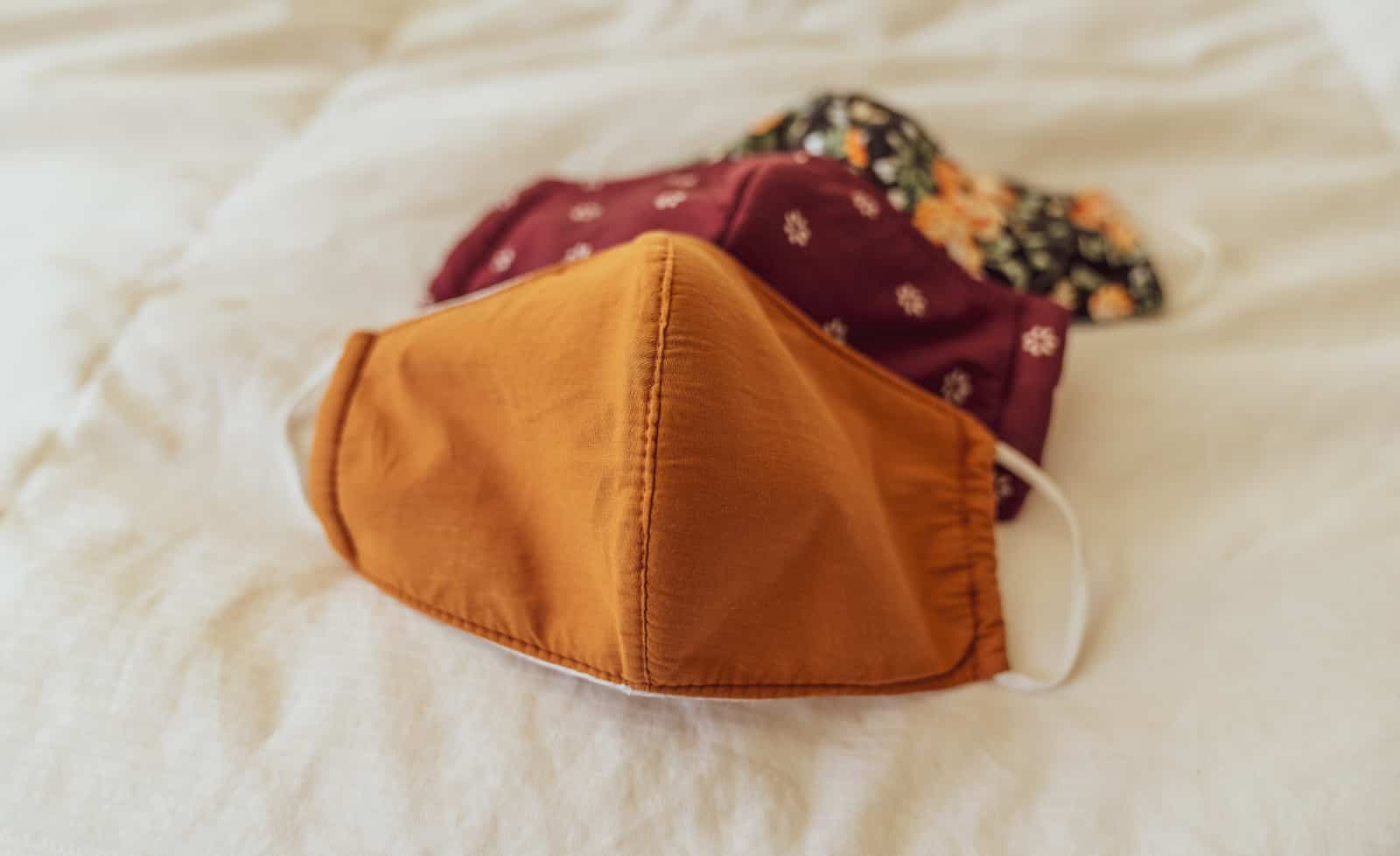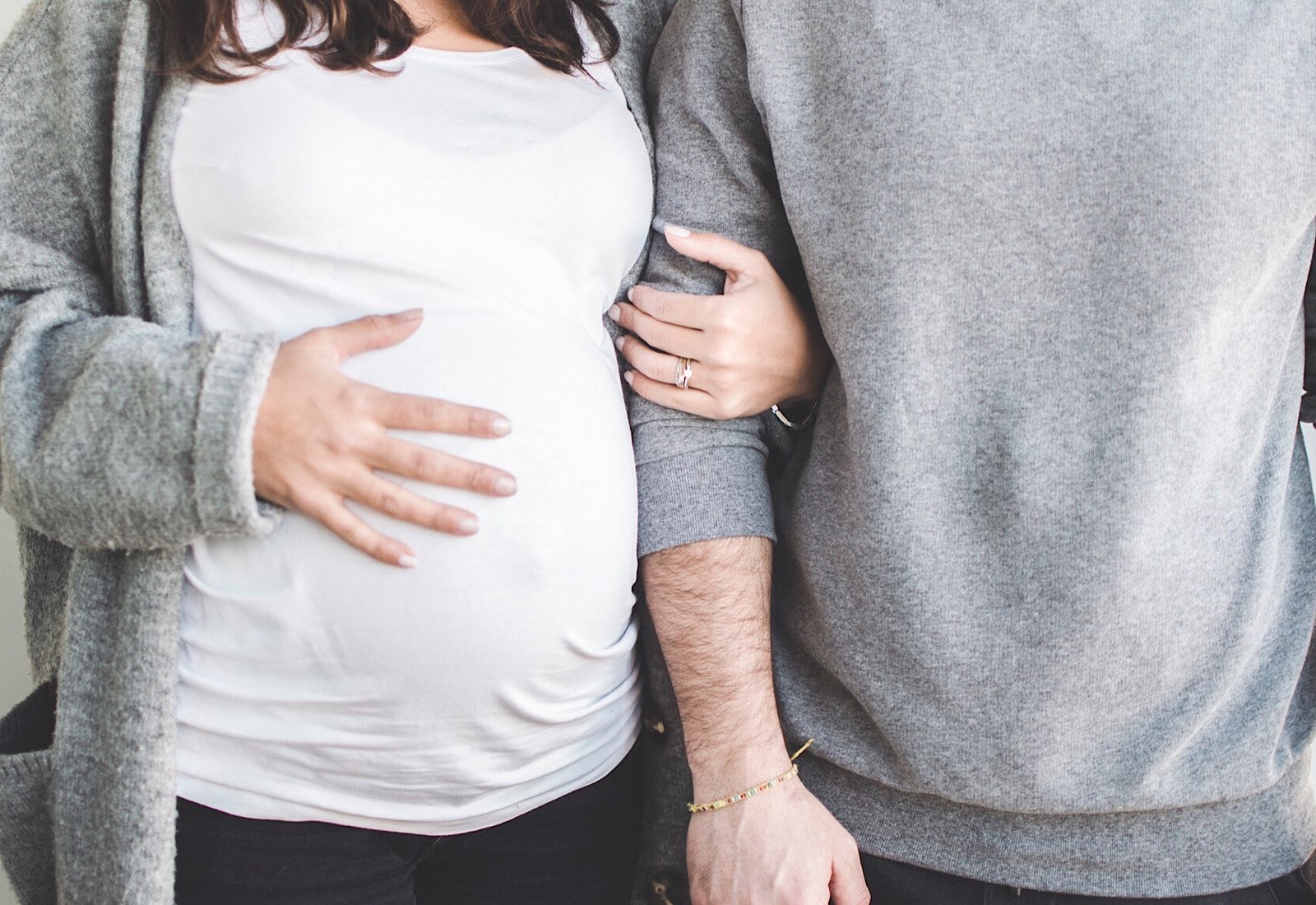
How can I become a sperm donor?
Becoming a sperm donor is a generous and life changing thing to do and will give you the rare opportunity to do

Becoming a sperm donor is a generous and life changing thing to do and will give you the rare opportunity to do

The British Fertility Society and Association of Reproductive and Clinic Scientists has advised there is no evidence that Covid-19 vaccines affect fertility.

During lockdown, is there anything you can do to improve your sperm quality? The answer is absolutely.

Preliminary findings suggest that COVID-19 vaccines do not impact the health or reproductive potential of sperm.

While the long term effects of COVID-19 are not yet known, research shows men may experience erectile dysfunction.

In response to the June 2021 lockdown, Fertility First wants to assure patients that fertility treatments and appointments are considered essential services

A recent study published in reproduction and sterility has shed more light into the important role vitamin D plays on our fertility.

“We went into our third cycle with an open mind, knowing we had support around us and we were tackling this new

We know that it takes a healthy sperm to help create a healthy embryo, however recent studies have shown that sperm may
Every story written here comes from Fertility First's Research Team, a group of scientists that doesn't just talk about the science behind fertility and reproduction, it lives and breathes it. Staffed by the doctors and scientists working behind the scenes at Fertility First, this team of dedicated embryologists, andrologists, and fertility experts collectively has over 40 years experience in the field.
Yes, chronic stress can impact fertility by disrupting hormonal balance and ovulation patterns. Managing stress through relaxation techniques, regular exercise, adequate sleep, and mindfulness practices may help optimise your chances of conception. Consider speaking with a counsellor if stress feels overwhelming.
Sperm health accounts for about 40% of conception challenges. Your partner can improve sperm health by maintaining a healthy weight, avoiding excessive heat exposure (hot tubs, saunas, tight clothing), limiting alcohol, quitting smoking, managing stress, and taking a multivitamin with antioxidants. Sperm takes about 3 months to develop, so lifestyle changes need time to show results.
Your fertile window typically spans 5-6 days, ending on ovulation day. For a regular 28-day cycle, this usually falls between days 10-15, with peak fertility 1-2 days before ovulation. Track your cycle using ovulation predictor kits, basal body temperature, or cervical mucus changes to identify your unique pattern. Having intercourse every 1-2 days during this window optimises your chances.